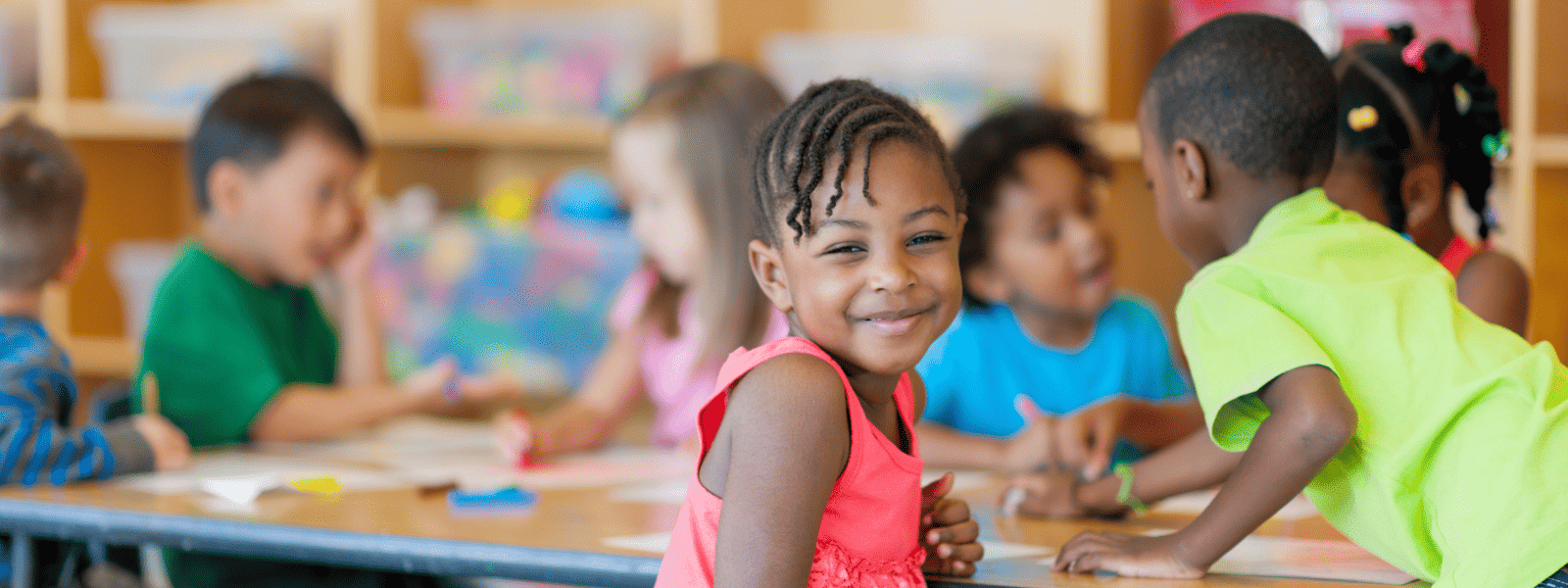5 Foundational Skills Kids Need to Have in Order to Succeed in Kindergarten (and Beyond)
As parents and educators, we all want the best for our children. We understand that a strong start in their educational journey lays the foundation for their future success. Kindergarten is a crucial stepping stone in this journey, as it marks the beginning of a child’s formal education. However, for children to excel in kindergarten and beyond, they need to possess certain foundational skills that go beyond just knowing their ABCs and 123s. Here are five essential skills that kids need to have in order to succeed in kindergarten and set a strong trajectory for their academic journey:
Essential Learning Skills to Succeed in Kindergarten:
1. Paying Attention, Ignoring Distractions, and Basic Multitasking
One of the fundamental skills that sets the stage for success in school is the ability to pay attention, focus, and block out distractions. In a classroom environment, kids are exposed to a variety of stimuli, and the skill to concentrate on tasks while ignoring irrelevant distractions is crucial. Moreover, basic multitasking skills, such as listening to the teacher while engaging in a learning activity, help children navigate the demands of a kindergarten classroom.
Tip: Engage your child in activities that require sustained focus, gradually increasing the duration. Games like “Simon Says” and puzzles can be excellent tools to enhance attention span, or check out these favorites that build attention skills.
2. Remembering Key Details During Lessons and Activities
Memory is an essential cognitive skill that aids children in retaining information from lessons and activities. Remembering key details, instructions, and concepts is integral to following instructions, participating in discussions, and building a solid knowledge base. A good memory facilitates the absorption of new information and supports the development of critical thinking skills.
Tip: Encourage memory-building activities like storytelling, memory card games, and recalling daily events to strengthen your child’s memory muscles.
3. Imagining Sounds and Understanding Spoken Language
Language is the cornerstone of learning. Developing the ability to imagine sounds and understand spoken language is crucial for effective communication, comprehension, and engagement in classroom discussions. Children who can process verbal information efficiently are better equipped to follow instructions, ask questions, and participate actively in classroom activities. This is also an essential pre-reading skill. Before kids can learn to read, they need solid auditory processing and phonemic awareness that can only come with practice.
Tip: Read aloud to your child regularly and engage in conversations that encourage active listening and response. Play rhyming or sound-based games to enhance auditory processing skills. Here are some more games that build the skills you need for successful reading.
4. Picturing Mental Images and Processing Visual Information
Visual processing skills play a significant role in a child’s ability to understand and interpret visual information. This skill involves creating mental images based on descriptions, recognizing shapes and patterns, and comprehending visual representations such as letters, numbers, charts and diagrams. A strong visual processing foundation aids in grasping concepts across various subjects.
Tip: Engage your child in activities like drawing, puzzles, and describing scenes from a story to enhance their ability to create mental images and process visual information.
5. Basic Problem Solving, Logic, and Reasoning Abilities
Kindergarten introduces children to the world of structured learning and basic problem-solving scenarios. Developing logic and reasoning skills enables children to analyze situations, draw conclusions, and make informed decisions. These skills empower children to approach challenges with confidence and curiosity, fostering a growth mindset.
Tip: Introduce puzzles, riddles, and age-appropriate strategy games to help your child develop logical thinking and problem-solving skills in a fun and engaging way.
Beyond ABC’s and 123’s: Cognitive Skills Kindergarteners Need to Have:
************************************
Make Sure Your Child’s Brain Has the Skills to Learn Effectively and Succeed in Kindergarten (and for Years Down the Road)
The early years of school should be filled with play and exploration in addition to growing confidence with formal learning. If any of these areas are a struggle for your child now, it’s best to intervene before it begins to impact their grades and confidence down the road.







